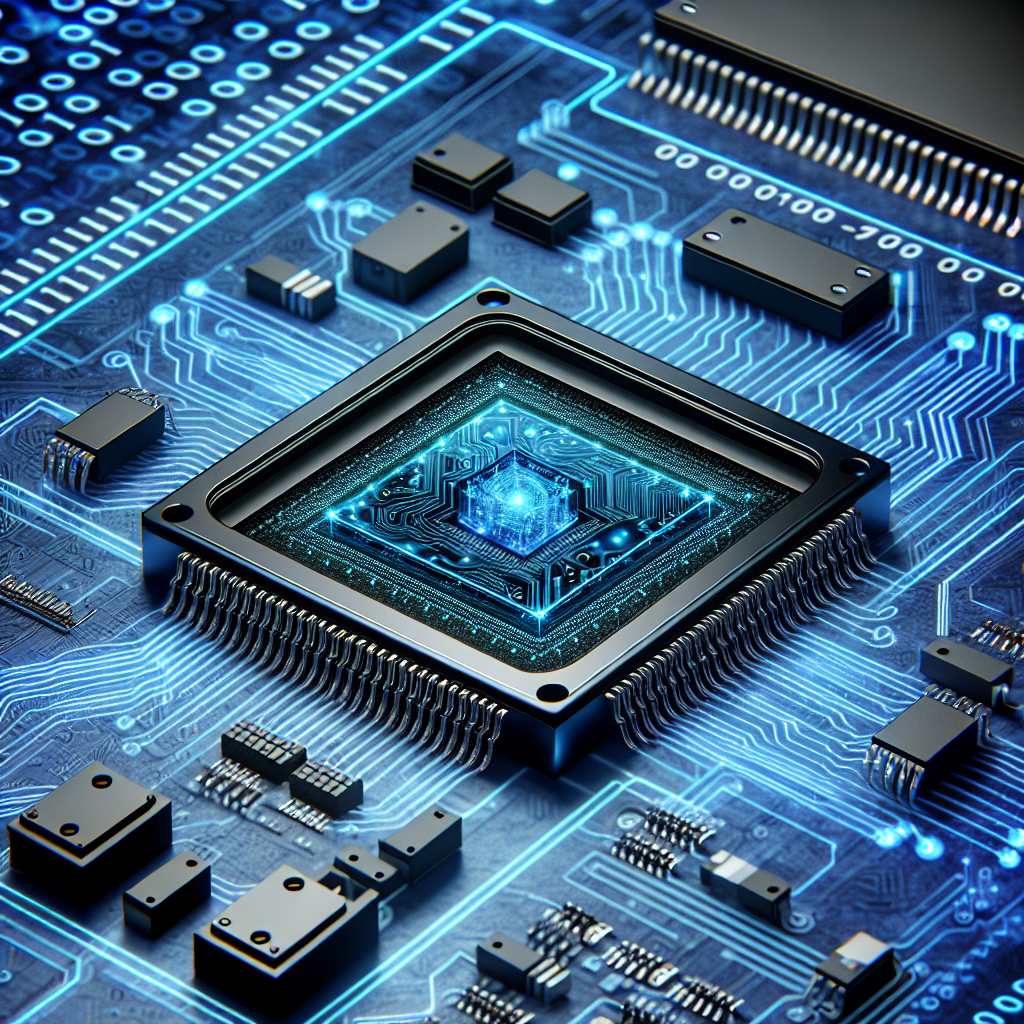Trump's Tariff Play: A Chip Industry Shake-Up
President Donald Trump plans to impose a 100% tariff on imported semiconductors, exempting companies manufacturing in the U.S. This measure aims to boost domestic production, attracting reactions worldwide. The move affects global semiconductor strategies, with differences in impact based on companies’ and countries’ trade relationships with the U.S.

President Donald Trump announced a plan to levy a 100% tariff on imported semiconductors unless companies manufacture within the United States. This measure is part of a broader endeavor to encourage domestic production. Notably, companies like Apple, which have committed to U.S. manufacturing, will be exempt from these levies.
Globally, the proposed tariffs have spurred reactions, with South Korea securing favorable terms for its chipmakers such as Samsung and SK Hynix. Meanwhile, countries like the Philippines and Malaysia foresee potential economic setbacks, with warnings about losing their competitive edge in the U.S. market.
In the U.S., major tech firms like Nvidia continue to invest heavily in local production, benefiting from existing government subsidies aimed at revitalizing the semiconductor industry. With a history of producing a significant portion of global semiconductors, the U.S. remains focused on reclaiming its leadership in this critical sector.
(With inputs from agencies.)
ALSO READ
South Korea Races Against Time for U.S. Trade Deal Amid Japanese Competition
MADS: Transforming Apple Orchards and Lives in Jammu & Kashmir
South Korea Races Against Time for Tariff Deal with U.S.
South Korea Intensifies Tariff Talks with U.S. Amid Japan's Deal Pressure
Epack Durables partners with South Korean firm Bumjin










